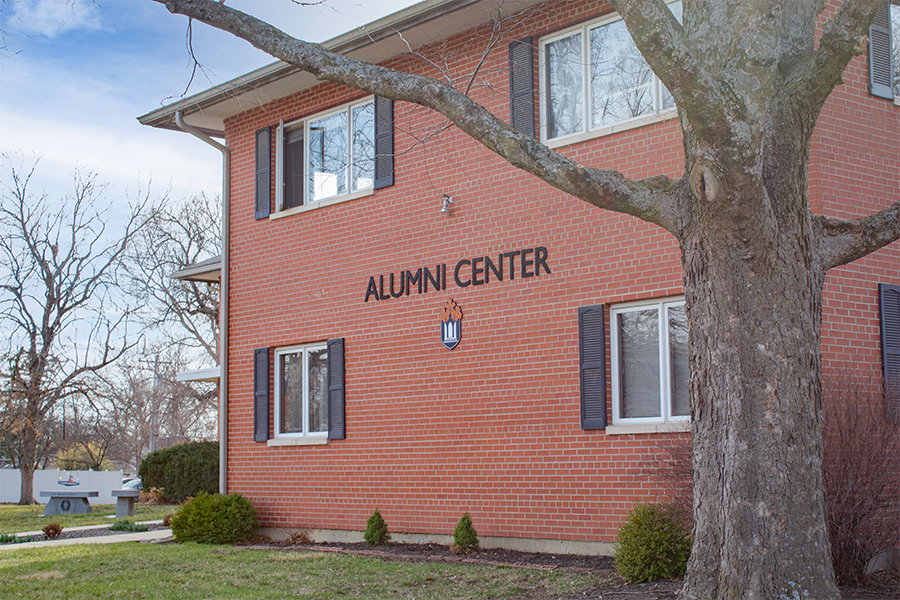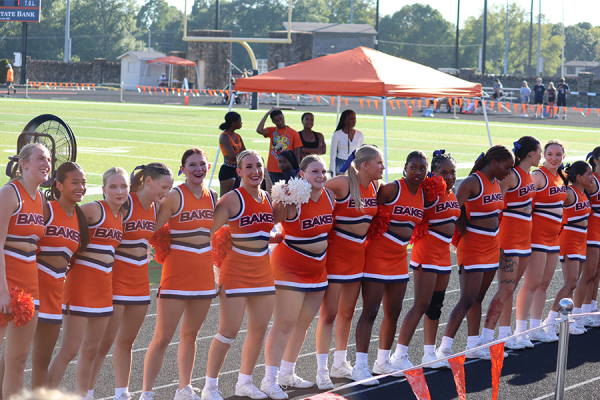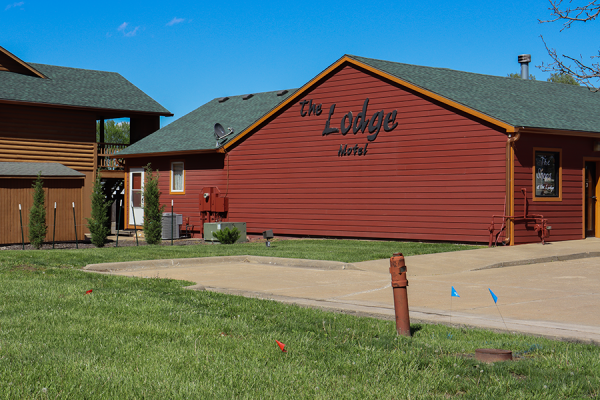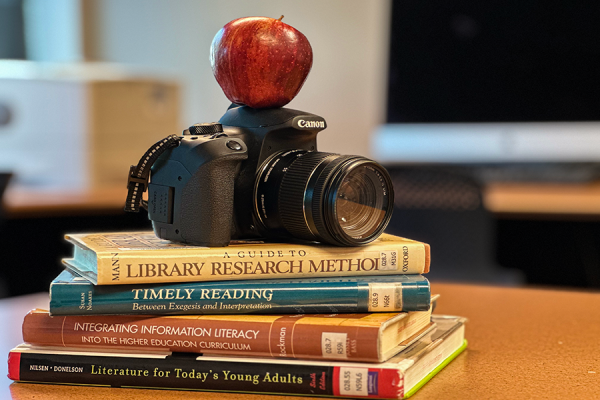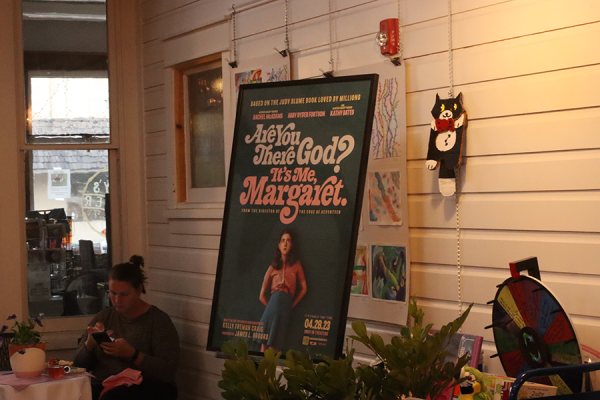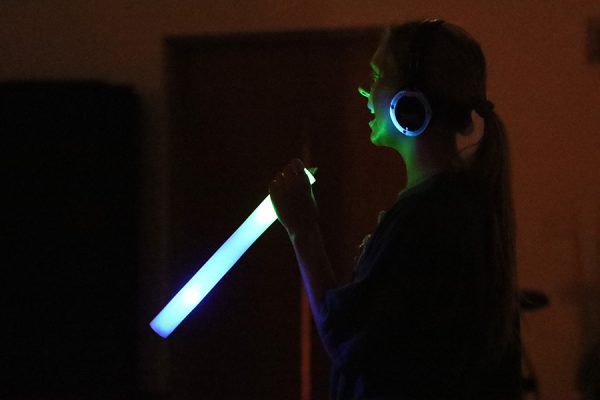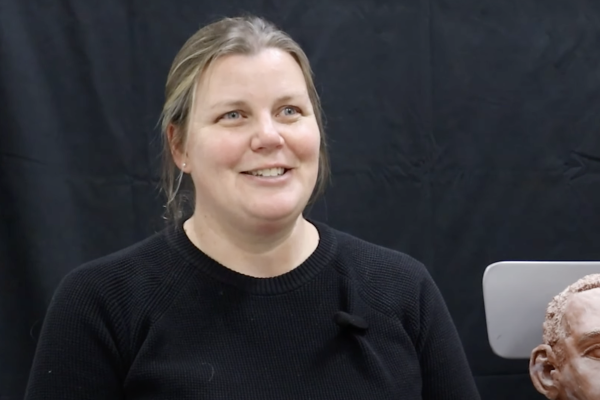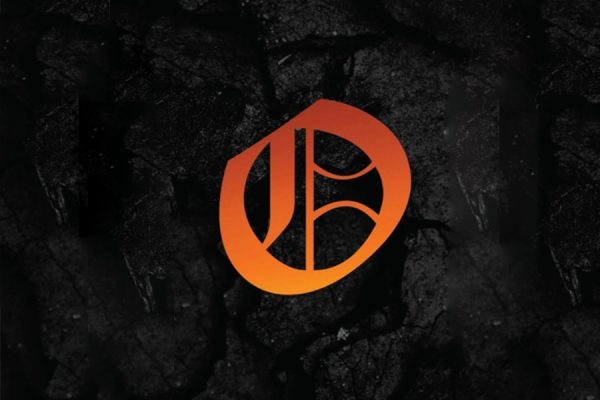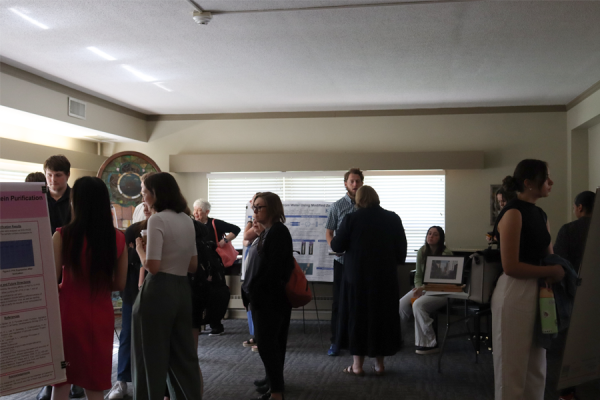Letter to the Editor: Alumni group responds to reduction and reallocation
To the Editor:
In response to the ongoing coverage of reduction and reallocation in The Baker Orange, beginning with the Feb. 24 article, we are writing this letter to you in an ongoing dialogue about the future of the liberal arts at Baker University. This engagement and dialogue was prompted by the University’s leadership launching reduction and reallocation which ultimately eliminated majors in French, German, Philosophy and Theatre. Reduction and reallocation also resulted in several faculty positions being eliminated. University leadership began this process in the fall of 2020 and the official program and position cuts were made by the University’s Board of Trustees in January 2021.
This round of reduction and reallocation came only a decade after the university community went through the same process in 2010. As a community of concerned alumni, we want to ensure that cutting programs and cutting faculty positions at Baker does not become a decade ritual. What is University leadership doing to maintain a broad base of students and a broad base of programs at Baker? These were the over-arching themes running through questions posed in the petition our committee started and these continue to be our guiding concerns.
We are grateful that President Murray began to communicate about some of the financial issues that Baker faces and shared a video with the Baker community on March 2, 2021. In this video, and in The Baker Orange article, University leadership focuses on enrollment as a specific motivation for the fiscal difficulties that led to reduction and reallocation. In The Baker Orange article, VP of Finance Shelley Kneuvean indicates that College of Arts and Sciences (CAS) first-time freshmen enrollments in the Fall of 2020 were 39 below projections. She does not say what the projection was or how the projection was reached. Nor does she share how much of the projected budget deficits come from not having these 39 anticipated students. When we read that these CAS enrollments were a part of the budget deficit, but then learn that the number of degree-seeking students at CAS in the fall of 2020 was higher than the number of degree-seeking students in the fall of 2019, the fall of 2018, and the fall of 2017, we feel that the facts do not “add up.”
For us, this means that these communications have not been as transparent as they could have been. There are other examples of communications that could have been more transparent including the way in which pandemic-related costs are presented and one-time grants are discussed, but all threads lead to a single point: in any organization, clarity of message is paramount and we humbly continue to request that the University leaders hold a town hall with their constituents. This will provide University leadership with the opportunity to be absolutely transparent about the finances and to show the Baker community why reduction and reallocation was the best we could do in 2020. It will also be an opportunity to show that everything possible is being done to make sure that reduction and reallocation will not happen again between now and 2030.
In the days to come, there will be much to discuss. The Wildcats for Education Committee will continue to advocate for the liberal arts at Baker and will center faculty and students in our decision-making. As we all digest what Baker means to us, what it can be, and where it is going, our committee will continue to call out actions that we believe are inconsistent with the values of a liberal arts education, but we want to emphasize that we are ready to be called in by University leadership to partner with them. Together, we can secure a Baker education for generations to come.
Yours faithfully,
Wildcats for Education Committee
www.wildcatseducationcommittee.org


